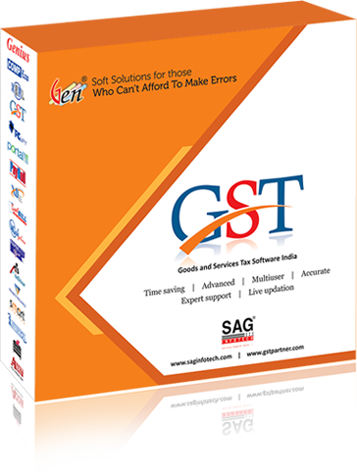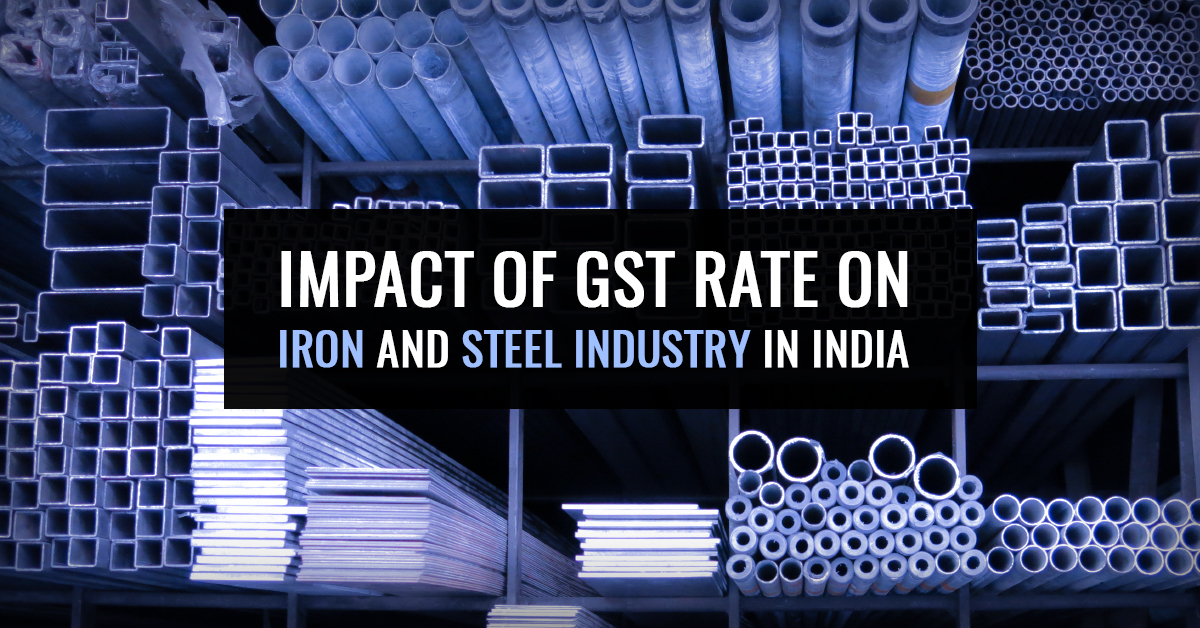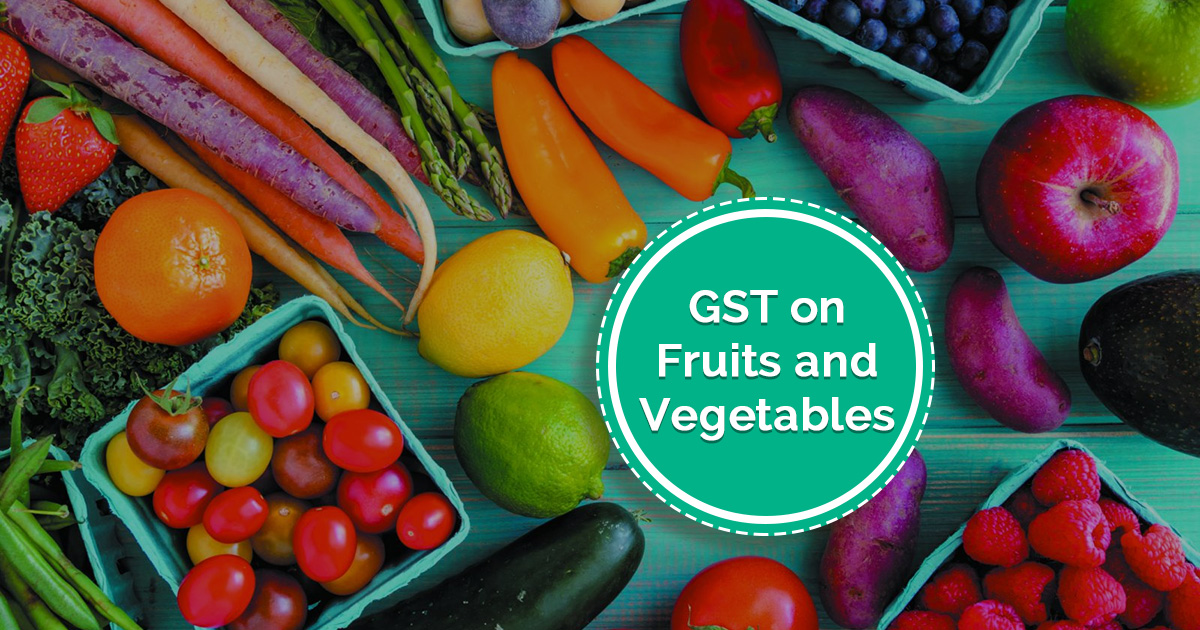The supplies which involve the use of iron and/or steel as the base material are under the GST ambit. The increase or decrease in the tax rate on iron and steel supplies is going to have an impact on a range of industries that involve the use of these materials, including construction and machine parts manufacturing sectors. This article discusses the new GST rates on iron and steel and the impact of GST on this sector.
Contents
Before GST – Tax on Iron and Steel
Before the GST was implemented, the supply of steel and iron was taxable under different tax mechanisms as follows:
VAT – 5%
Excise Duty – 12.5%
CST (Central sales tax) – 2%
As per above-mentioned rates, the net tax applicable to the sale of iron and steel was around 20 per cent before July 2017. The same rate was applicable to the supply of goods made of these materials in most of the Indian States.
After GST – Tax rate on steel and iron
GST rate on the supply of iron and steel
As per the new tax laws, GST rate on the sale and manufacturing of iron and steel products such as iron bars, rods, and scraps is 18%. However, some other specific articles of iron and steel will be charged at different GST rates, as explained below.
Supplies subject to 18% GST
Iron sheets, iron/steel used in the construction of railway tracks, tanks, drums, reservoir, casks and cans, CNG or LPG containers, iron/steel embroidery, building structures, bridges, roofing, iron/steel pillars, lock gates and window frameworks, iron/steel pipes, tubes, barbed wires, etc.
Iron/Steel supplies subject to 12% GST
Utensils, sewing & knitting needles, mathematical and geometry boxes, stove and kerosene burners, pencil sharpeners, animal shoe nails, kitchen items and other household articles and similar items made of iron or steel.
Supplies subject to 28% GST
The supply of following iron/steel products is taxable at 28% rate.
Iron/steel sanitary ware and any parts, radiators and their parts used in central heating systems, cookers, grates, gas-rings, ranges, barbecues, plate warmers, braziers and other non-electric appliances and parts made of iron or steel.
Also Read: GST Effect on Logistics Industry
GST rate on inputs (raw material) for iron/steel industry
Iron product manufacturers make use of iron ore and coal as input during their manufacturing process. The GST on such inputs is 5%.
GST Impact on Iron and Steel Products
As for the impact on the tax rate on the supply of iron and steel and the products made of these materials, the overall rate is same as before.
While the tax rate on kitchen supplies such as the cooker and other iron/steel utensils has decreased to 12% from the previous 19.5%, the rate on some other iron/steel products such as barbecues and sanitary ware has increased to 28%. Most of the general use products, including railway tracks, iron/steel pipes, etc are subject to 18% GST, that means that tax rate is more or less the same as before GST.
Recommended: Impact of GST on Manufacturing Sector
Since the GST rate on inputs such as iron ore and coal is 5%, it benefits the steel industry. Also, the GST on transportation of steel supplies is 5%, which further reduces the cost of manufacturing.






